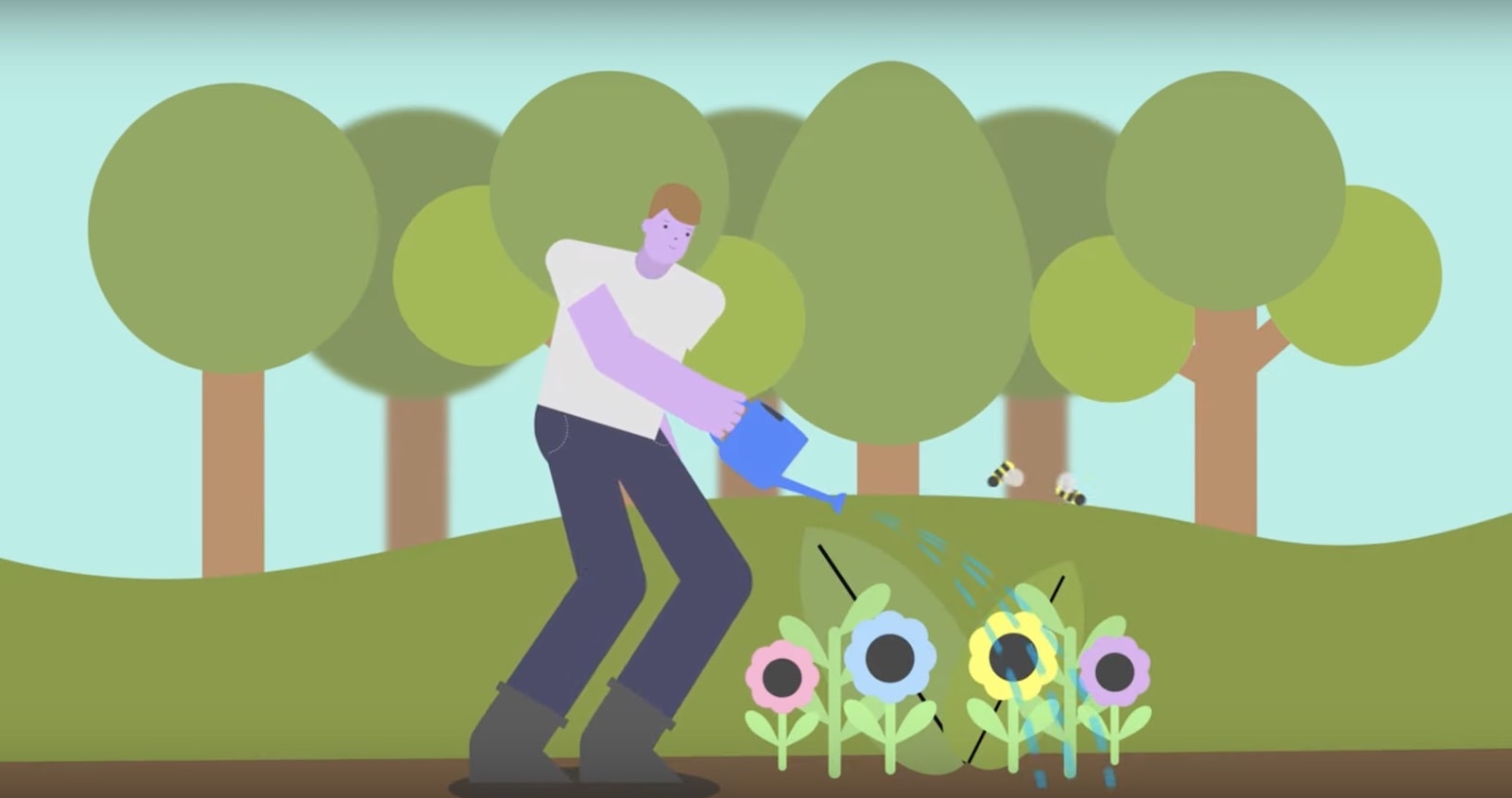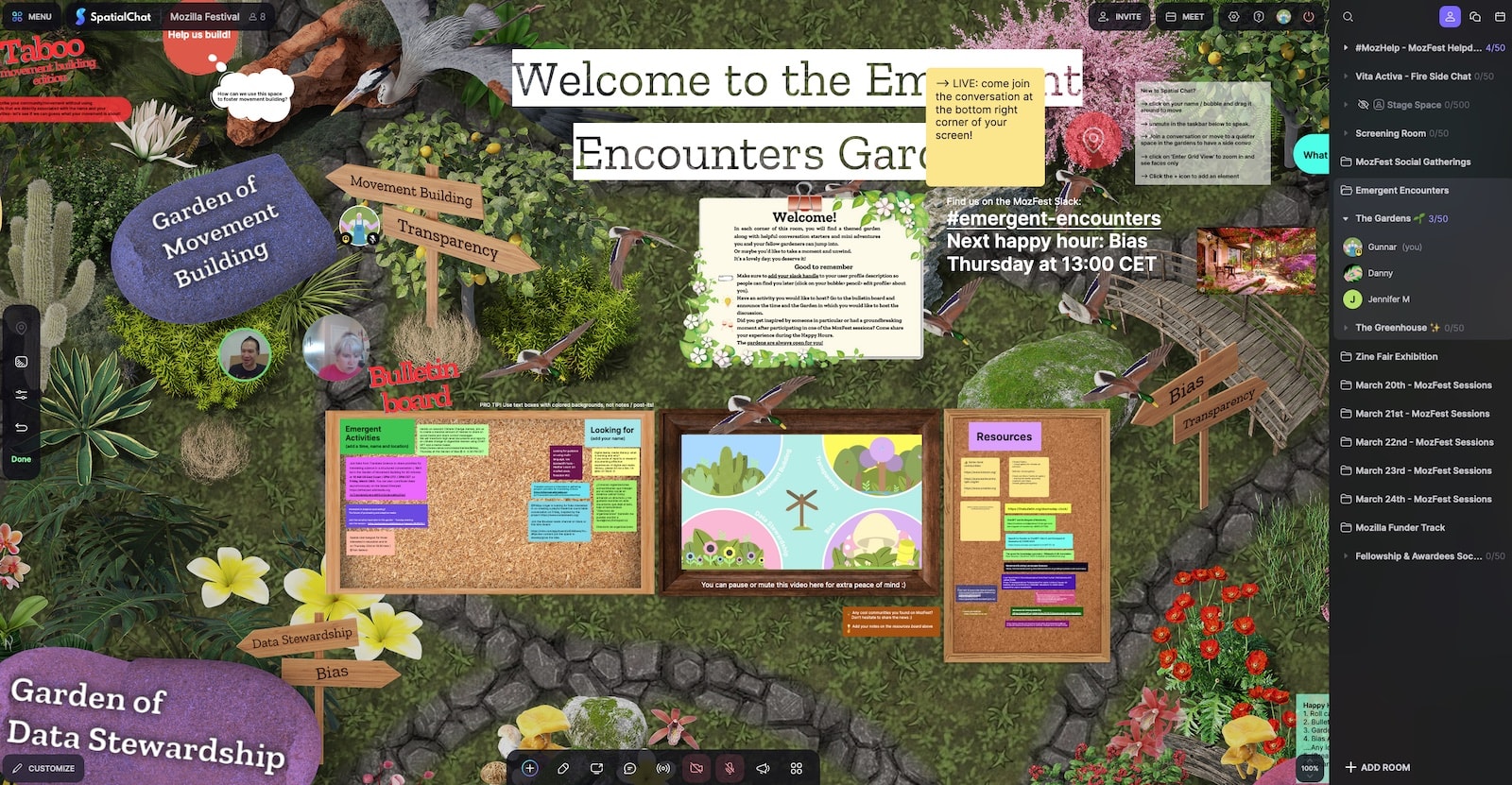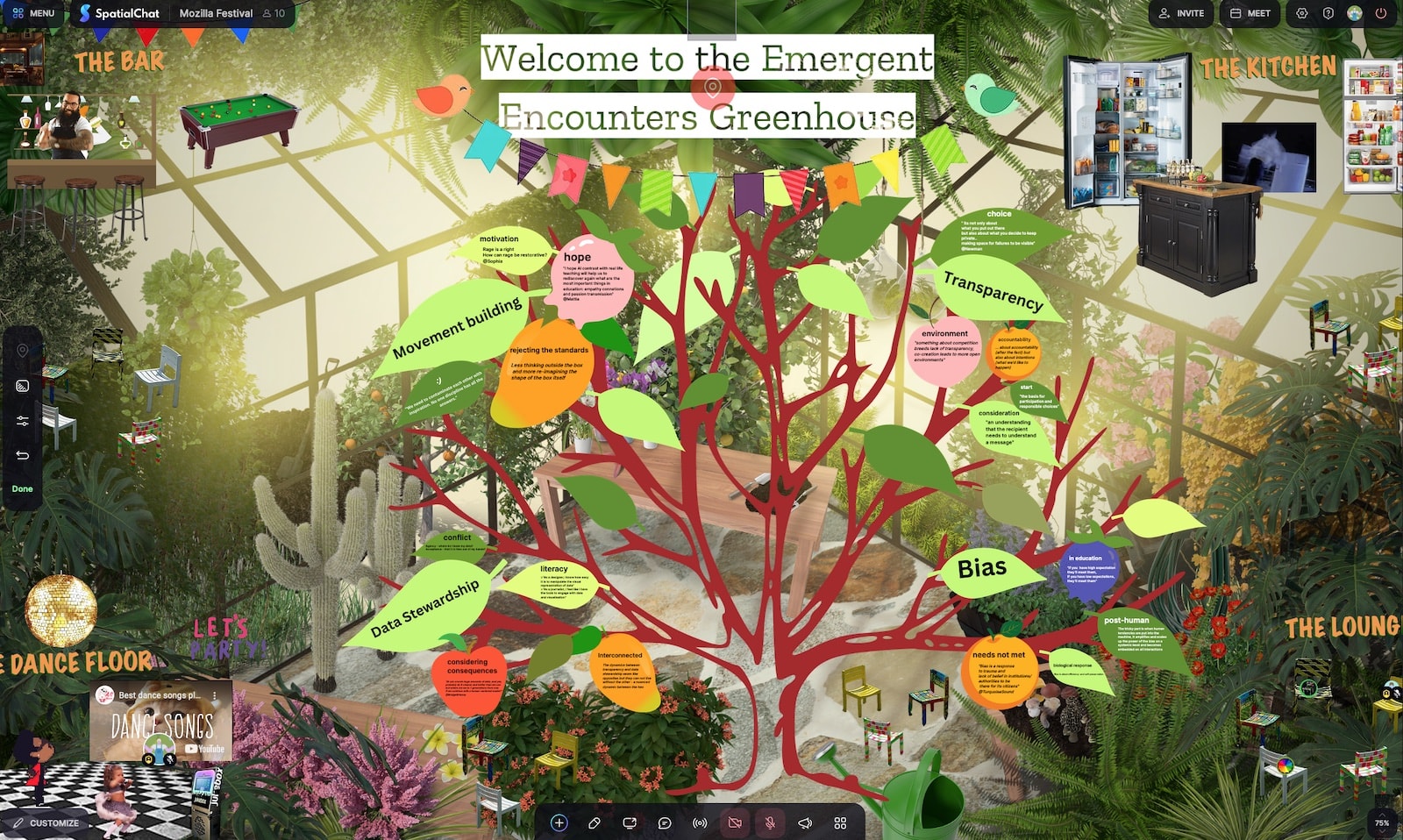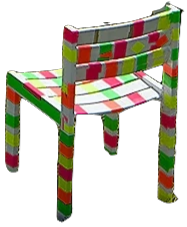We are gardeners of the internet

To change is to adapt
There's a lot of momentum around Artificial Intelligence and its implementations at the moment and I'm not even remotely going to pretend that I feel confident in fully understanding the impact this will have on our functioning societies. Some of the hype may be entirely overblown, some of it may demand your attention but it seems clear to me that as with any revolutionary emerging technology it's going to take time to adapt the way we live, work and learn. Considering the exponential growth of technology we're currently experiencing, ample time to adjust and adapt may become a luxury we can't continue to take for granted.
When Philo and I started Gradual we wanted to build something that makes us more resilient for tomorrow's new world. We agreed that it behooves us to build a tool in service of providing a type of resilience that gives us the mental acumen to face the challenges of being required to continuously adapt in a world of constant flux. We also understood that true adaptation often requires communal effort and that this collaborative undertaking to learn together will ultimately need to be done in a way so that it aligns with humanity's best interests, not just those of a select few.
It is no surprise then that the beginnings of Gradual goes hand-in-hand with our journey at MozFest, which we've written about before. The Mozilla Festival is one of those events that activist tech enthusiasts look forward to every year as it brings together an incredibly diverse group of individuals to explore together how the internet can be harnessed for good and nurture ideas to fight for internet health together.
With MozFest 2023 having come to an end it wraps up our 3rd official collaboration with Mozilla as partners. This year, we wanted to do things slightly differently. In this blog I'll briefly lay out how the process to design and host a virtual garden gained traction within the community to fight for internet health together, and how some unexpected realizations grew out of it.
From Garden to Greenhouse
While the event can be overwhelming at times, it provides an excellent platform for diverse perspectives as it fosters relationships between its attendees. Sessions are hosted, games are played, music is performed... let's just say that lots is happening all at once. Because MozFest has been a virtual event since 2021 it's easy to miss the type of moments of spontaneity that come with IRL events.
Last year's Emergent Sessions track at MozFest was a testament to the value of building connections around shared curiosity. Our tool and process connected attendees around common interests and resulted in unique pairings of people exchanging contact details for further engagement.
This year, the Emergent Encounters track built on this idea, making use of a tool called Spatial Chat to create a virtual garden where participants could come together and explore issues on the four themes of the festival together. Collectively, we discussed how we should address Bias, navigate Data Stewardship, build Transparency and incite Movement Building in our own lives to make for a better internet together.
From the very beginning we asked participants to become gardeners and 'plant seeds' at the gardens. This bit of role-playing was effective in that it conveyed a very simple concept: if not us, then who? It requires an active stance from everybody in order for change to be effective, and you can never anticipate what simple seed can blossom into something quite large and beautiful.

This way, our garden grew more rich by the day by virtue of people's individual and collective contributions. A bulletin board emerged where people planted their ideas and notes for spontaneous gatherings, connections and resources, mini-adventures ensued during some the happy hours by exploring the nooks and crannies of the well designed garden (thanks to Bas from the Mozilla org team!), and slowly it became clear that the garden was used as a relaxing space where people could gather to continue conversations or cool down after their more intensive Zoom sessions.
At the end of each day, we harvested some of the main insights from the two facilitated sessions (or, 'happy hours') during the day and planted them in another virtual room which was designed as a Greenhouse. The limitations of designing a social space to be used on our desktops and phones allowed us for some ingenuous creativity: by making use of background ASMR gardening sound effects we could instill a sense of immersion and with some flexible moderation and facilitation we ensured that on-boarding remained clear and welcoming to people walking in for the first time.
Throughout the week, we've experienced among other things:
- facilitated discussions in large and small groups
- games and exercises that both validated and tested our own opinions, perspectives and viewpoints
- explorations through the gardens alongside narrow paths
- engaged in a few side-quests here and there
- encountered some mysterious mushrooms and friendly faces
- cleaned some astray internet cables and vats of toxic oil spill-over with baking soda while dancing to the tunes of Edward Sharpe & The Magnetic Zeros
On the last day of the festival we hosted a party for people to come together in the Greenhouse in which they could witness that the seeds that were collectively planted had grown into a Tree of Insights (I'm not going to trademark that phrase, I just felt like it deserved capitalization). The visual metaphor of using tree imagery here seemed quite poignant: we grow a tree together which fills up with its own fruits. When those fruits fall to the ground (insights are taken home) they can be soiled and nurtured to grow into new trees (when participants share and grow movements outside of the festival) so collectively we are planting an international forest of internet activist trees. How cool is that?

Planting seeds to plant your seat
As if fate would have it one of the first contributions in the gardens came from Philipp, a MozFest first-timer who shared with us he worked as an arborist. He explained how he had been concocting a theatre play to raise awareness around Nuclear treaties and that he had an idea to paint a chair to create a real life 'nuclear seat'. The idea was to take all of the collective insights from this week and paint it on this seat that he could use in his theatre play.
It became apparent rather quickly that we had to do something with this. At the final party in the Greenhouse Philipp presented not only the idea for this initiative but also the actual chair he had painted during the week of the festival by showing it on camera as he held it in, yes, a forest in Germany. He had designed a few virtual chairs as well which we used in the greenhouse to have our facilitated break-out conversations to reflect on the week we've shared together.
Again, the beauty of this analogy did not go lost on me. The efficacy of using a visual that describes the seats we sit on behind our desktops, at our schools, offices and homes as we spend our days working, reading and writing is hard to ignore. Much of our lives nowadays is spent online, our virtual avatars roaming freely throughout the web - yet our physical bodies remain static as they serve as vessels of our true intent. The seats that carry us as we navigate the endless possibilities of the web hold true power, they ground us by providing a solid base in our efforts to connect, learn and socialize. I didn't quite see it coming but what started out as a simple pun that planting seeds grew not into flowers but into seats turned into something much deeper, and I'll continue to reflect on as we look forward to taking on new projects.
I hope you realize the power you hold in that seat of yours as well.

